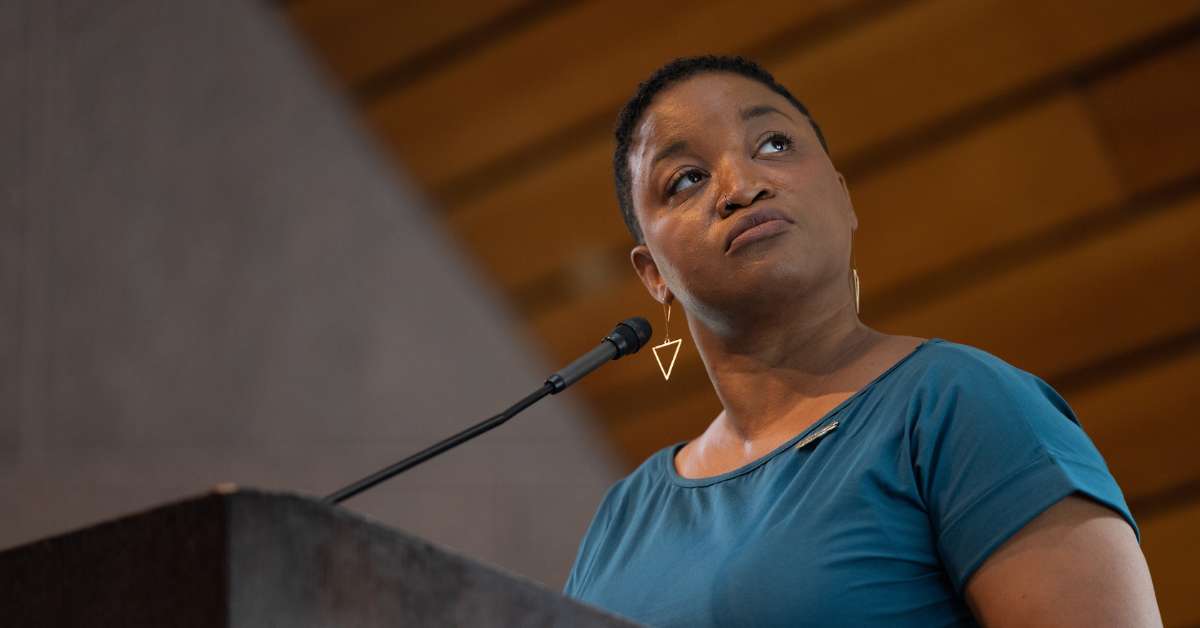In a world where punishment often takes precedence over understanding and growth, it’s time to rethink our approach to justice within our communities. Rooted in retributive systems, where punishment reigns supreme, our schools, workplaces, and even legal systems often fail to address the root causes of harm. As we witness the detrimental effects of punitive measures on individuals and communities, it’s evident that there must be a better way forward. Restorative justice offers a paradigm shift, centering the voices of those impacted by harm and prioritizing accountability over punishment. In this post, I’ll explore how we can build a community of accountability through restorative practices, fostering a space where learning, unlearning, and growth are embraced within the framework of the Strategic Plan for Antiracism (SPAR).
Retributive justice focuses on the person(s) that cause harm, assigning specific measures of punishment. Within this framework, perpetrators are rarely given the opportunity to learn or grow. Prosecutors and judges rarely consider the needs of an impacted family, or how disappearing another community member will affect the community. Instead, our legal processes focus on taking a person who causes harm out of a community, either temporarily or permanently.
We see this kind of framework being used everywhere in the U.S., including in schools and workplaces. Young children can be introduced into legal systems with lifelong consequences, and adults can lose their income and careers for split-second decisions. In a university setting, we see this play out when our colleagues are suspended, non-renewed, or terminated. Students may experience retribution as a probation or expulsion, or loss of opportunities. Either way, both the individuals involved and the community feel the impact. Gossip quickly spreads, resentment and distrust set in, and fear may hinder those who were otherwise engaged productively in the community. Punishment often leaves us with many more questions than answers.
Restorative justice asks us to focus on those impacted by harm, rather than the person(s) who caused harm. Restorative practices require individuals and communities to contend with trauma, accountability, and repair. And I believe that we have the opportunity to do this utilizing our SPAR. SPAR is an invitation rather than a mandate. It is an invitation to be in community–learning and unlearning, living our values, and modeling a more just society. We do not imagine an SPH in which community members are fearful of being judged, terminated, or professionally exiled. Instead, we imagine a place where we expect mistakes, welcome feedback, and embrace change.
What I am suggesting is that with SPAR, we cultivate a community with a growth mindset of accountability. One in which we all recognize how important each person’s presence is, and we work collaboratively to learn how to advance antiracism and restore community trust right now.
This isn’t easy work; nor will it be fast. It has taken me years to unlearn and divest from punishment-based philosophies, and I’m still working at it. However, abolition aligns with the principles of public health. If we recognize that a belief system harms communities, we are required to respond. In this moment and in this community, I see an opportunity to model restorative justice with faculty, staff, and students.
Below are some points to consider as we try to incorporate restorative practices into this work:
- Accountability, according to The Oz Principle, is “a personal choice to rise above one’s circumstances and demonstrate the ownership necessary for achieving results.” Applied to SPAR, we can use this as a call to action, to perpetually hold ourselves and each other accountable for moving the organization forward.
- We are not in a competition; as a community, we are interdependent in our change.
- Community accountability is support-based rather than punishment-based. We should set aside our defensiveness and welcome feedback as an opportunity to grow.
- Much of the work is digging in and helping people overcome mental, emotional, and structural barriers and beyond.
- We should be in the perpetual practice of supporting and reinforcing these new expectations.
Toward justice,
Lauren Jones
Director, Diversity, Equity, and Inclusion
UMN School of Public Health
she/her/hers

